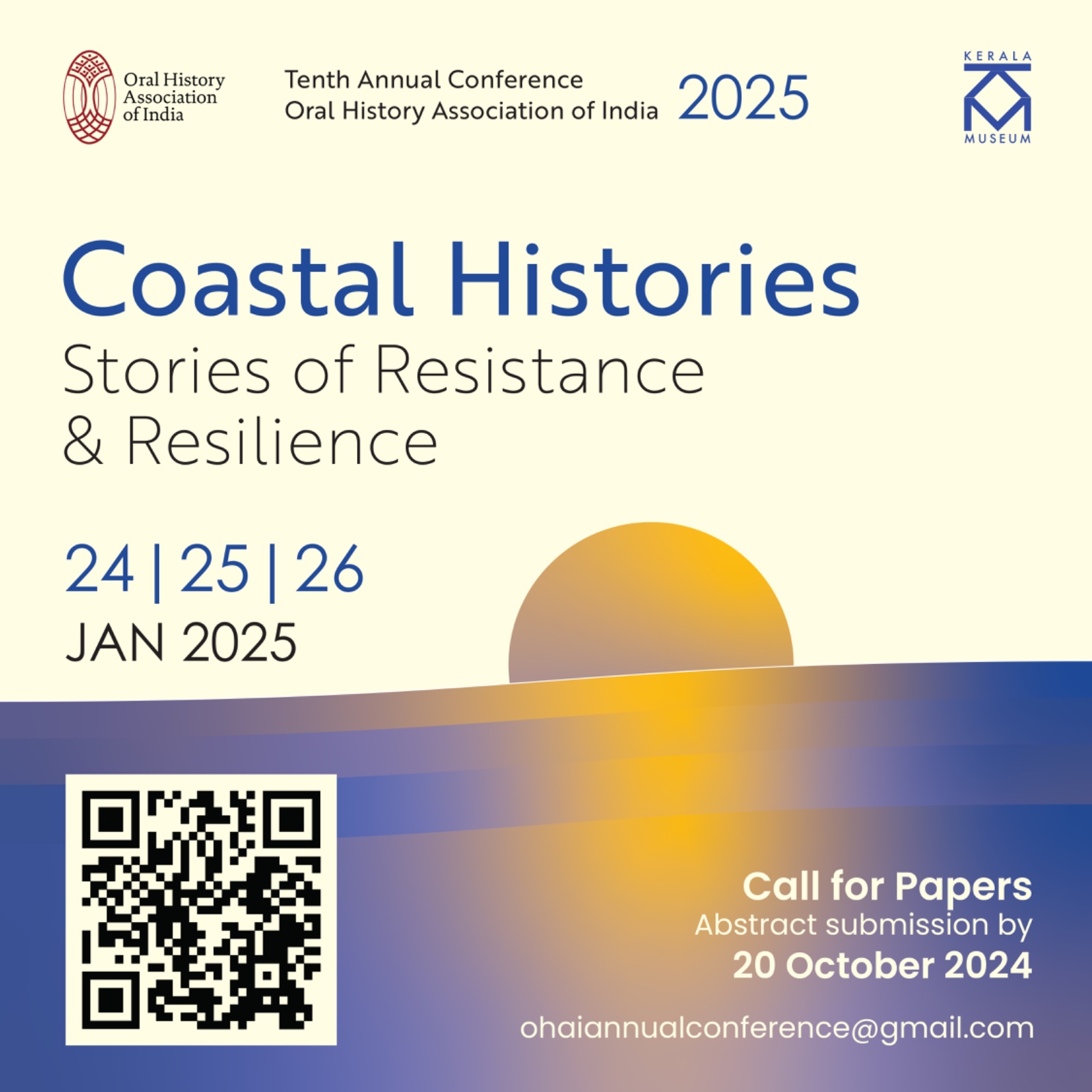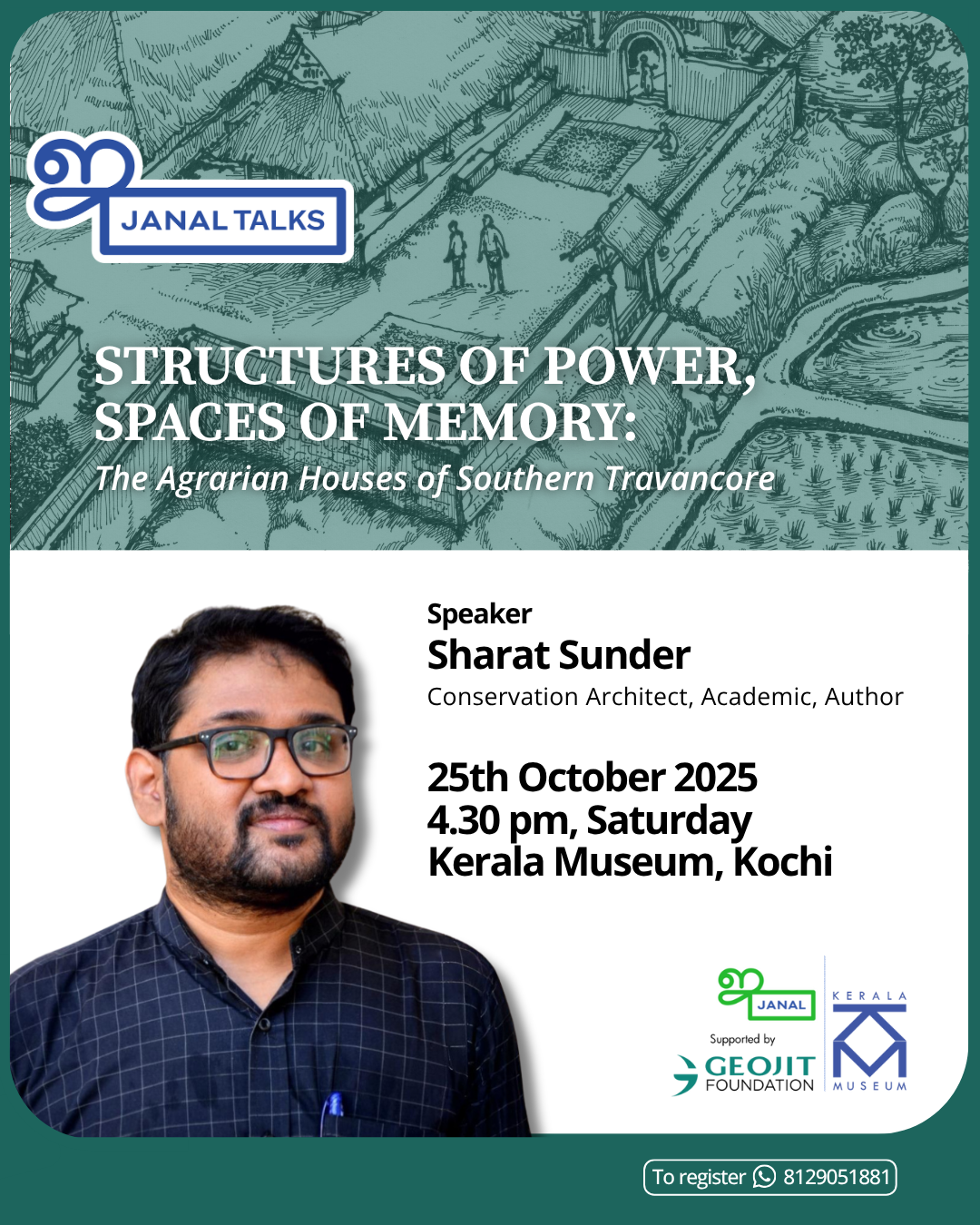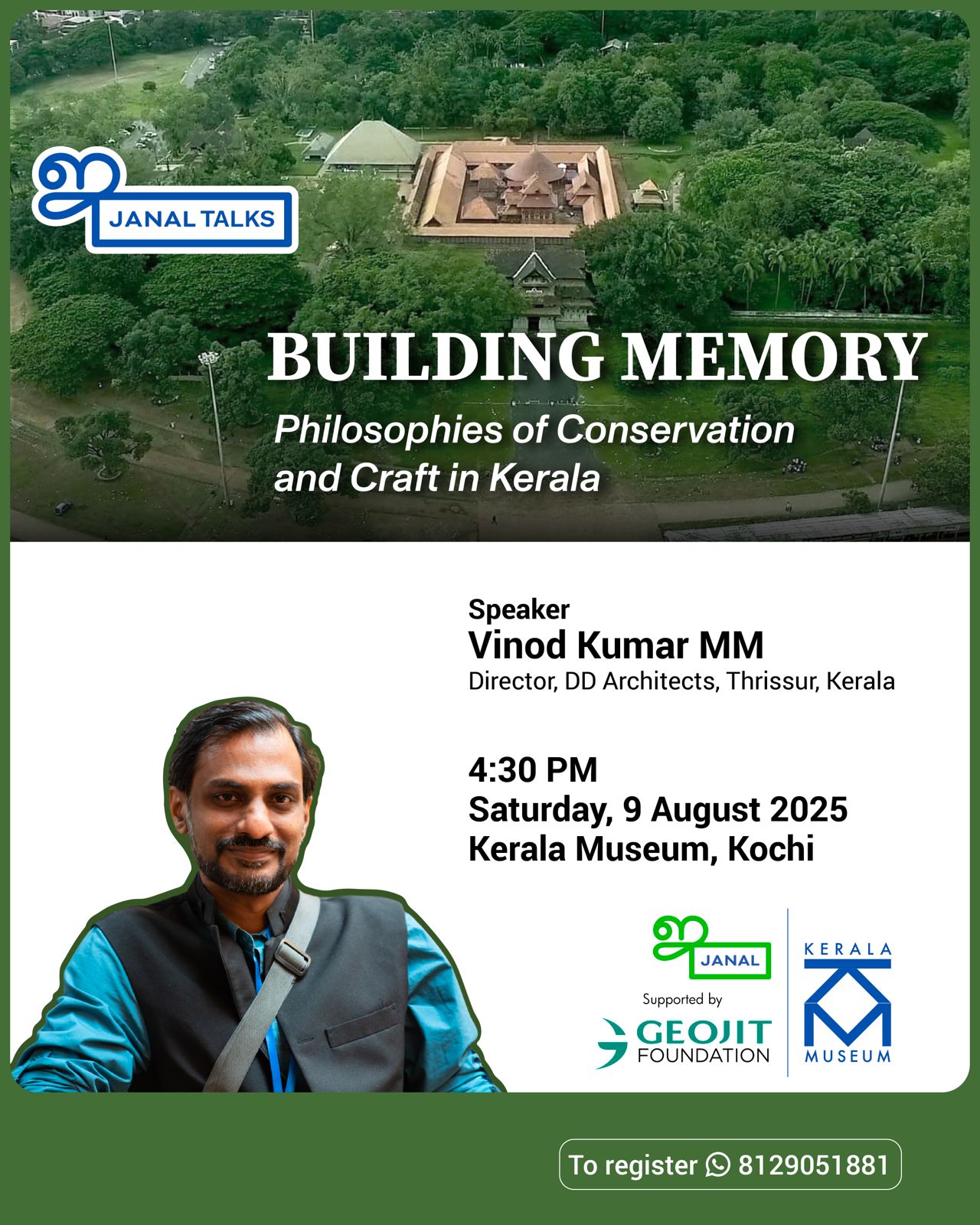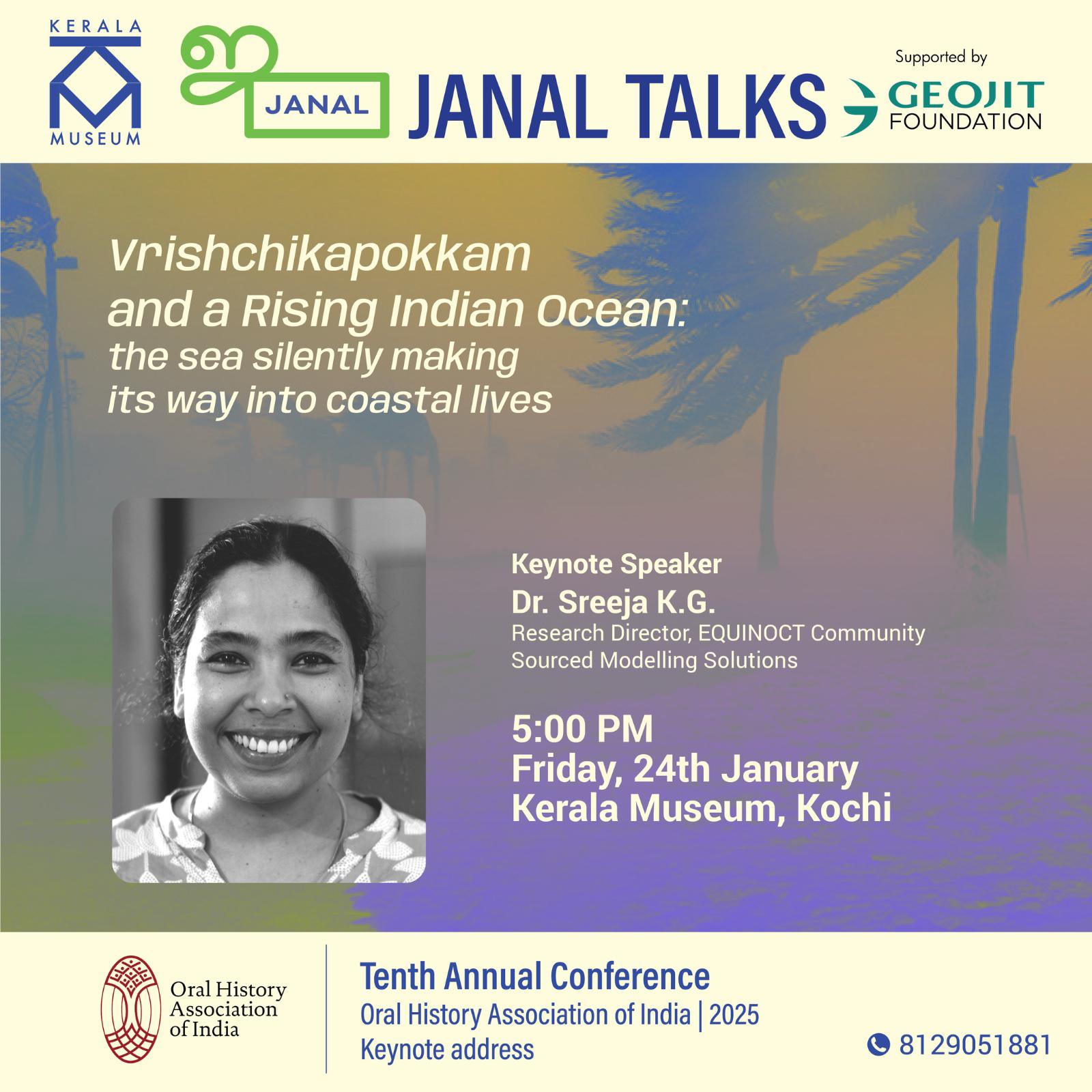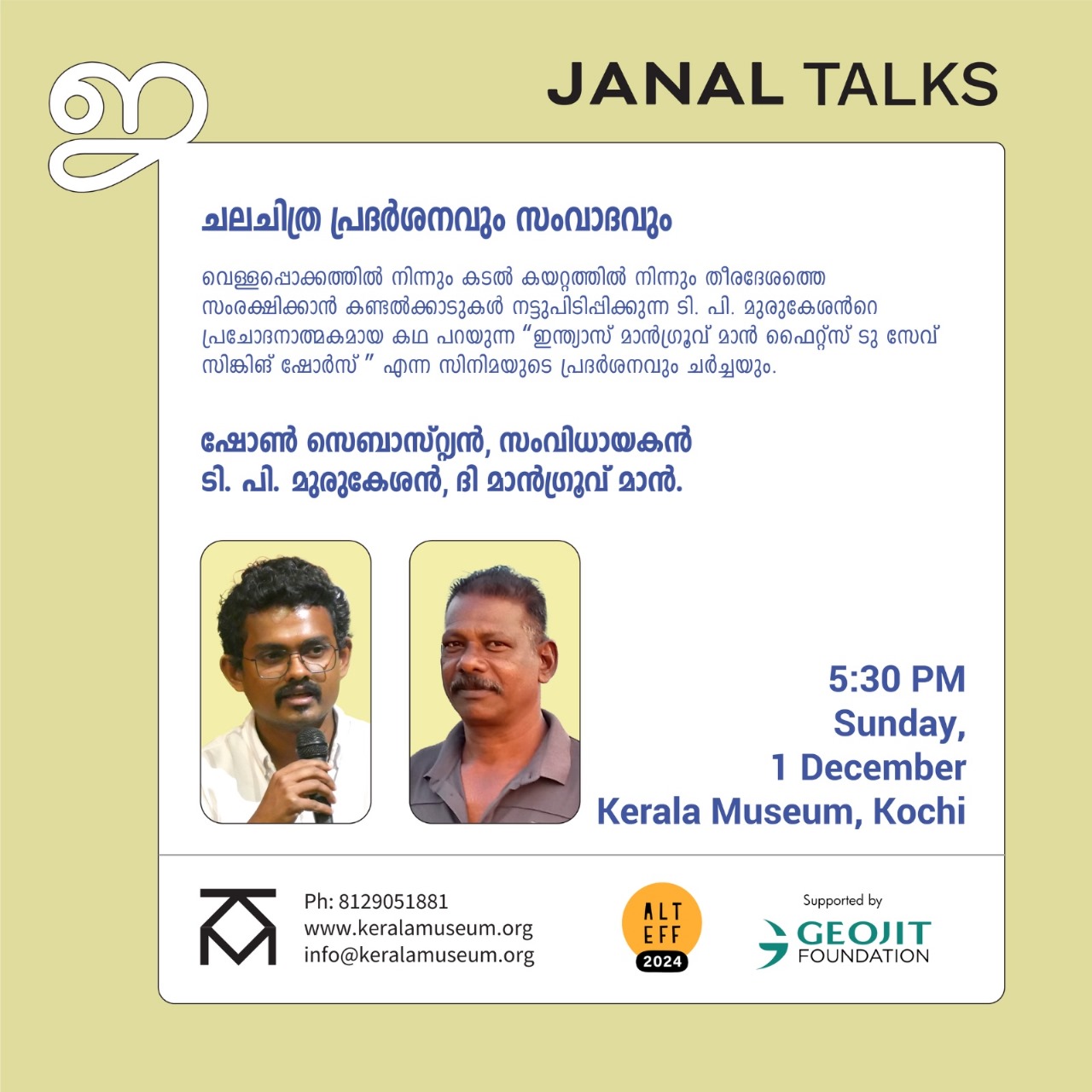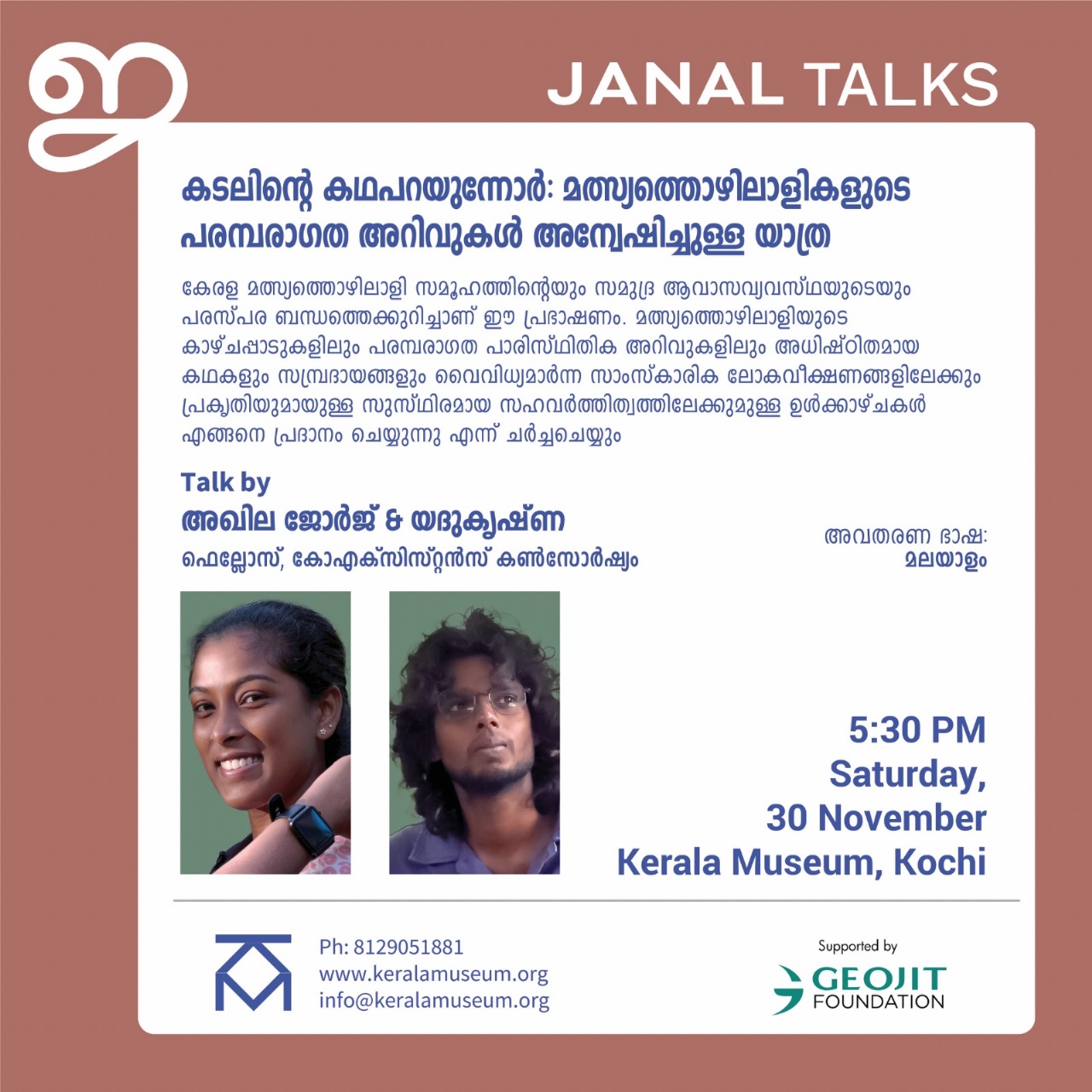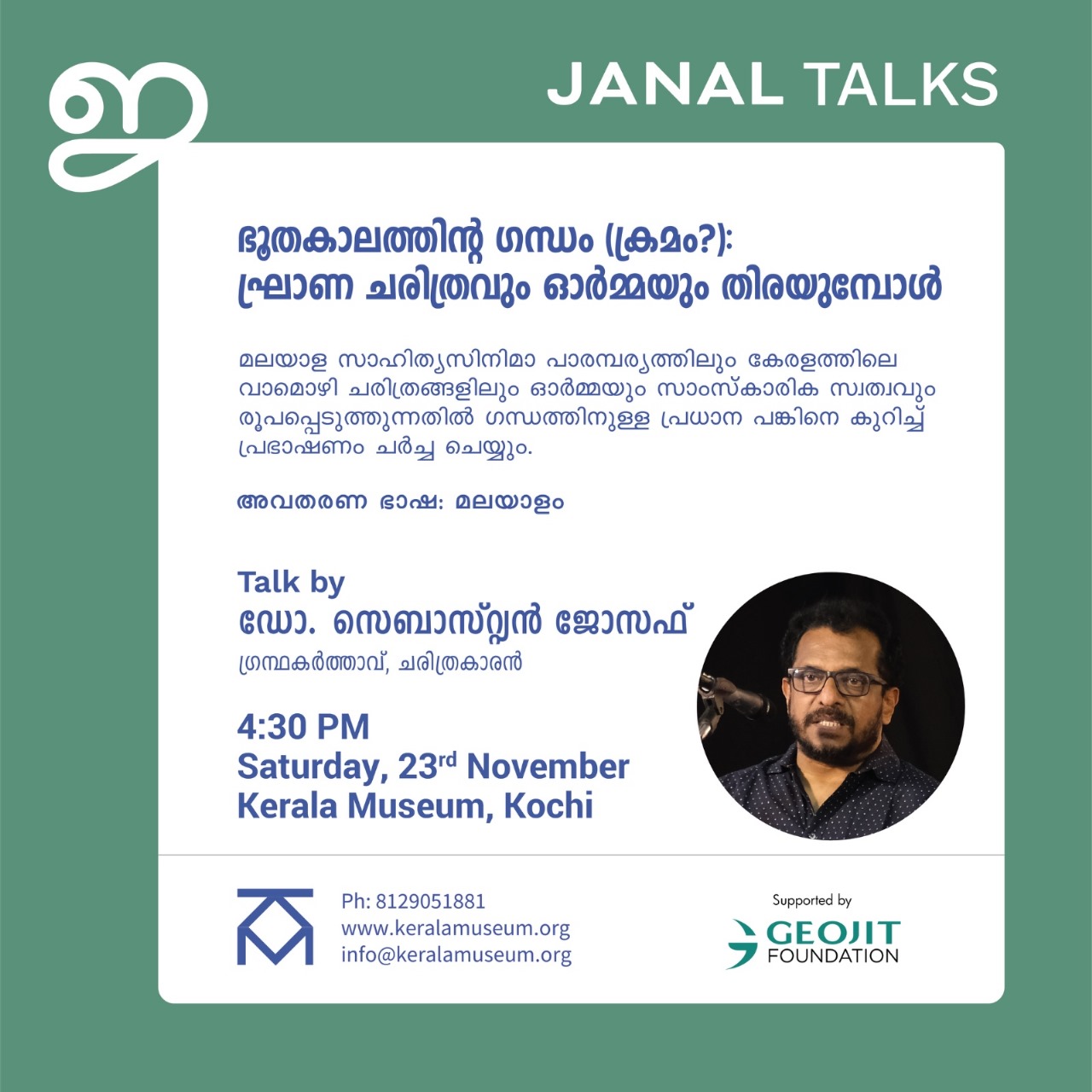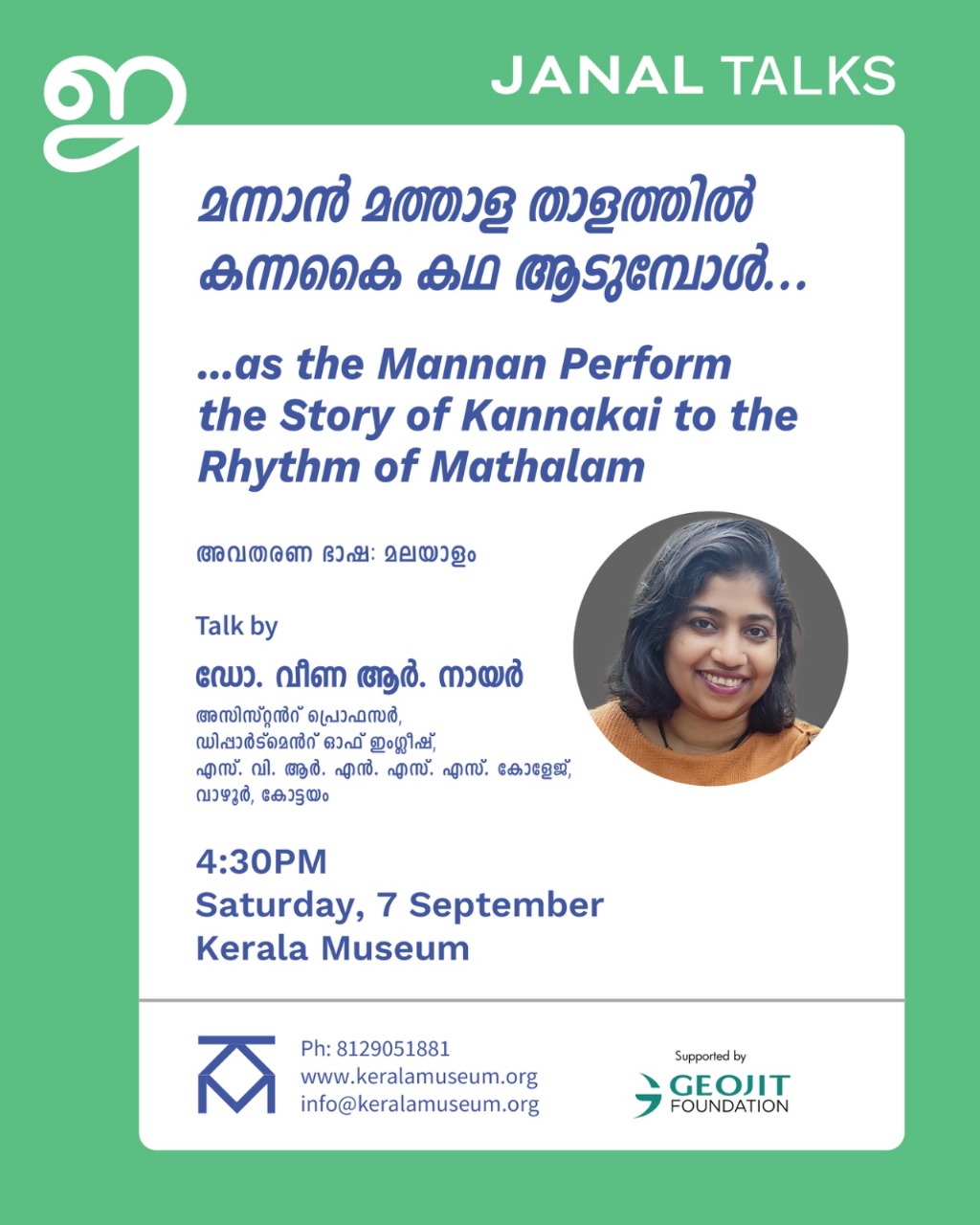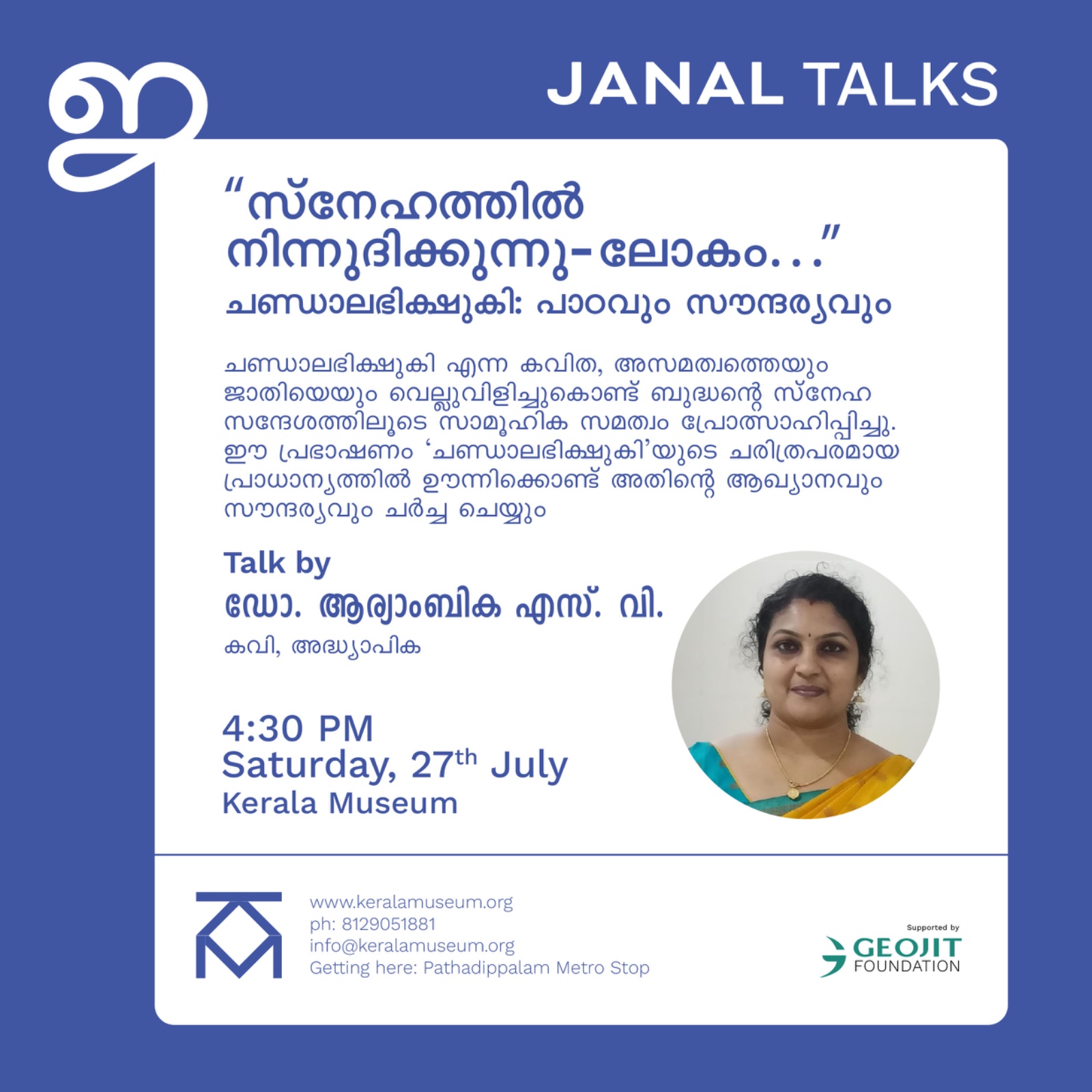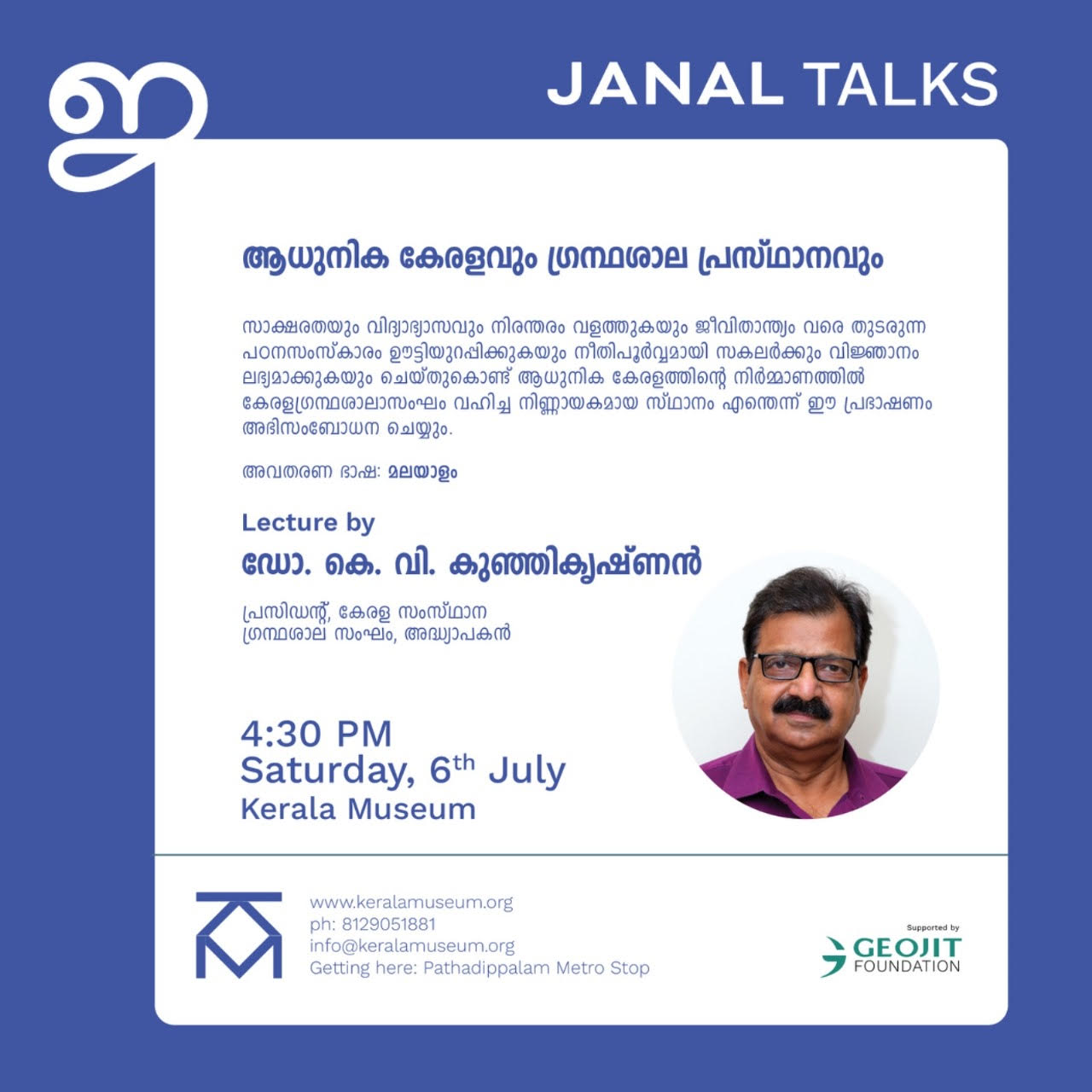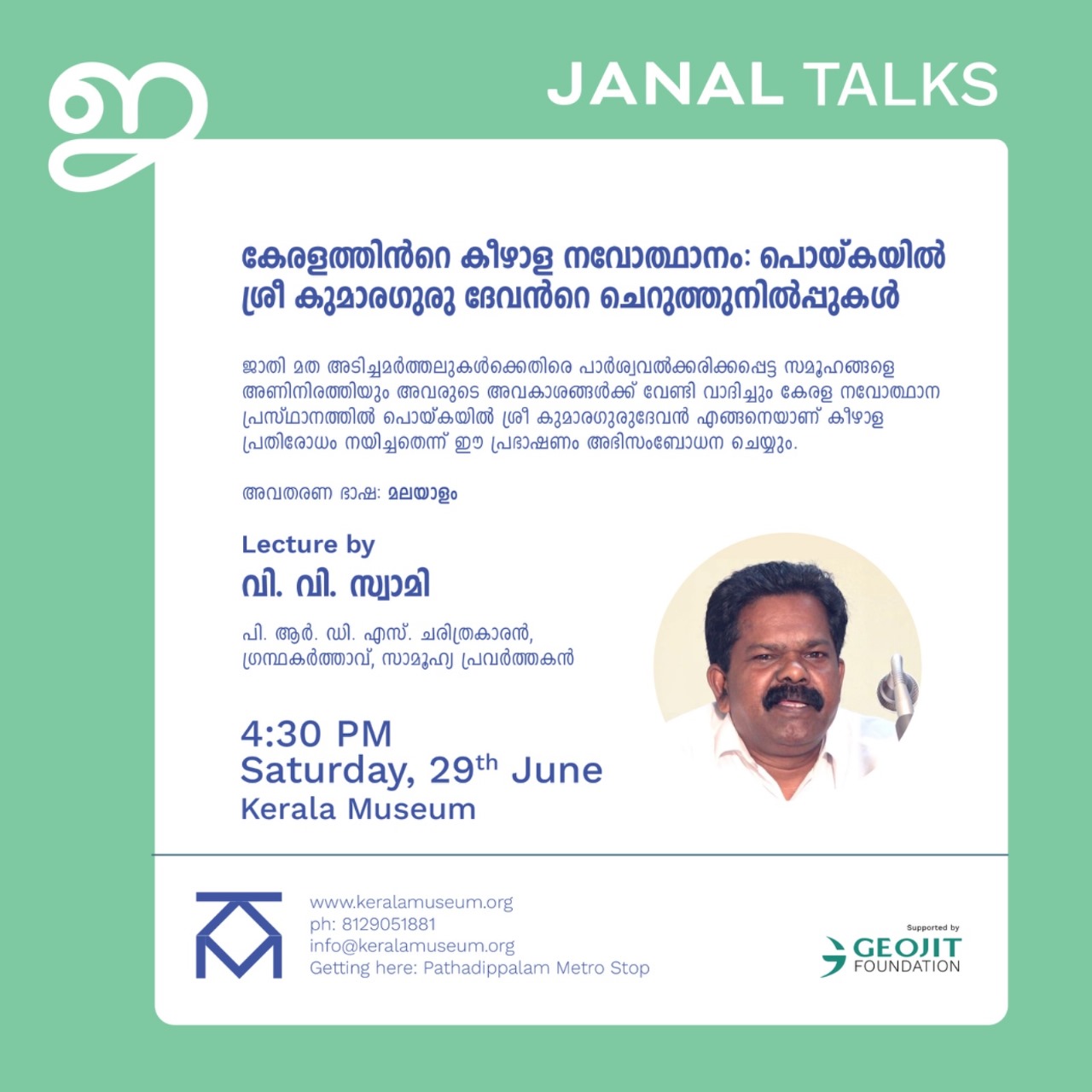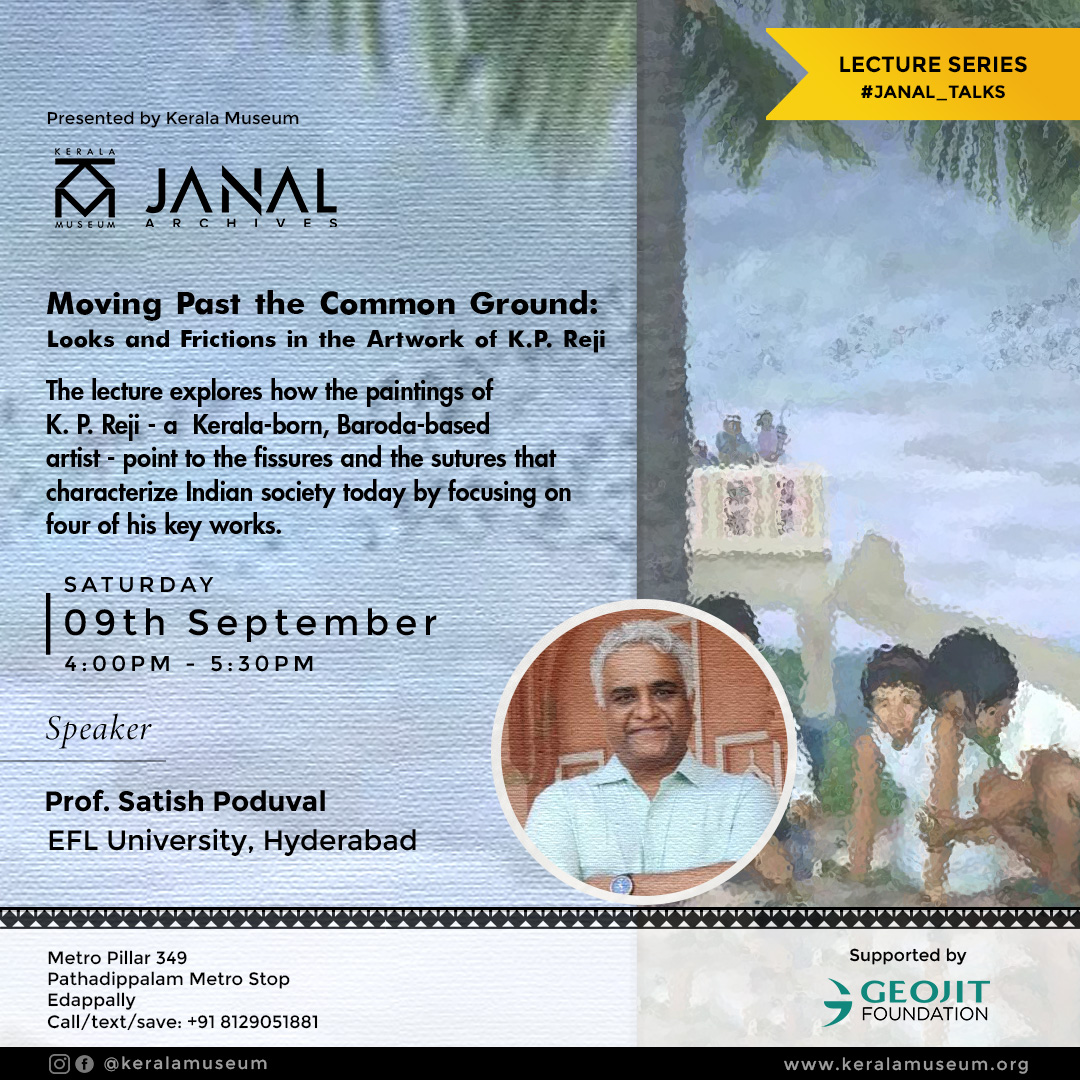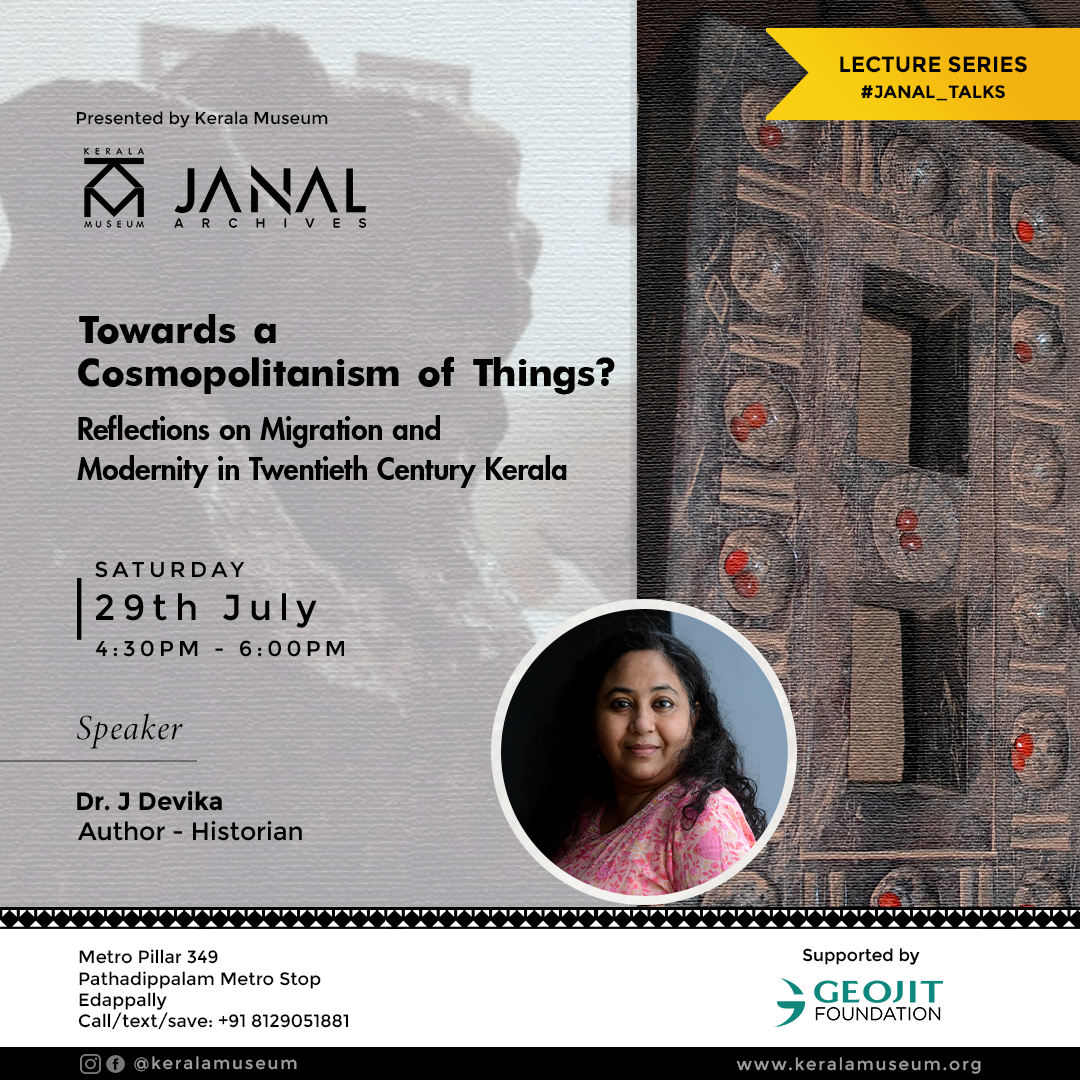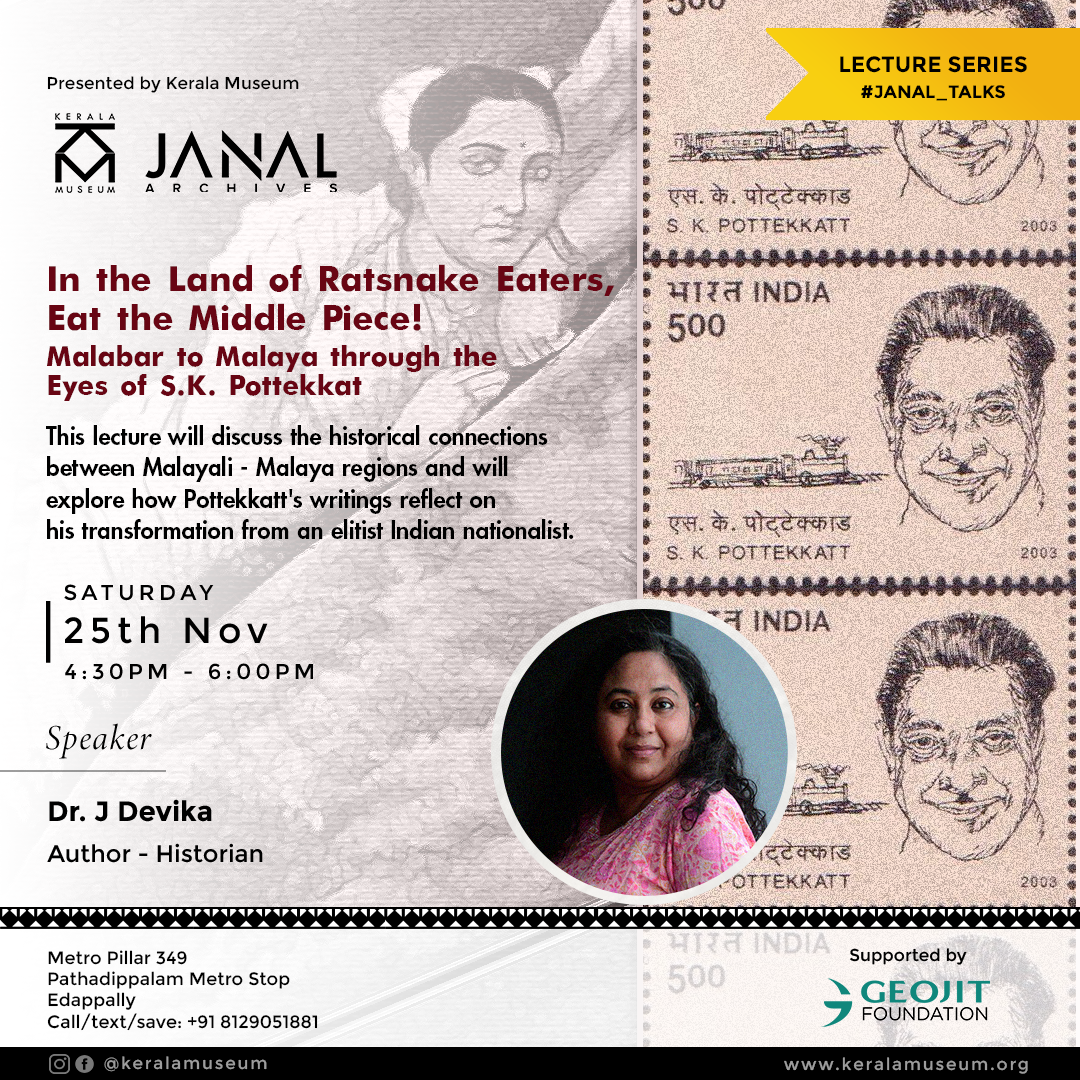 Whats New: Check EVENTS to sign up for art workshops, Janal Talks, Film Screenings & More!
Whats New: Check EVENTS to sign up for art workshops, Janal Talks, Film Screenings & More!  Whats New: Check EVENTS to sign up for art workshops, Janal Talks, Film Screenings & More!
Whats New: Check EVENTS to sign up for art workshops, Janal Talks, Film Screenings & More! Coastal Histories – Stories of Resistance and Resilience
10th Annual Conference
Oral History Association of India
24-26 January 2025
OHAI in collaboration with
Kerala Museum, Kochi, Kerala
Even before the word ‘anthropocene’ was widely encountered in academia, fisherfolk in peninsular India were navigating challenges brought about by the rise of industrial fisheries from national policies to ‘Grow more food’, almost ten years before the chemical led ‘Green revolution’ in agriculture. Located at the margins of a land-centric nation, their struggles and campaigns for equity, justice and sustainability were often overshadowed by the more visible campaigns of chemical free and traditional farming. Today, the coastline which has sustained and shaped this way of life is in constant flux, and with few exceptions, it is migrating inland, either gradually, or more rapidly during extreme events. According to the National Centre for Coastal Research (NCCR), between 1990 and 2018, 32 percent of India’s coastline underwent sea erosion while 27 percent of it expanded. Littoral communities across the Indian peninsula and islands have demonstrated resilience in face of these challenges.
For ages, fisherfolk of the Indian littoral have perceived themselves as ‘farmers of the sea,’ using nature’s bounty to create a unique way of life and livelihood. Similarly, sailors understood the regular cycle of alternating monsoon winds and ocean currents, and their communities marked the voyaging season with festivals like the “Balijatra’ in Odisha. While “VallamKali” boat races and “VanchiPattu” poetry highlight the role of boats in coastal Kerala, ‘malams’ or navigators from Kachh to Lakshadweep wrote calendars and nautical almanacs disproving the notion (along with other communities spread across the Indo-Pacific Oceans) that knowledge of marine navigation was of Western origin. The trans-regional and trans-local mobility of trading communities in the Indian Ocean region drew attention to a maritime “world” of enduring and persistent interactions that enabled the exchanges of maritime knowledge that, for example, refined and reinvented navigation instruments within and outside the Indian Ocean littoral. Further, cultural exchanges as seen in ‘shadow theatres’ – from Kerala’s Tholpava Koothu, to Odisha’s Ravanachhaya to Javan Wayang, each while being highly distinctive, have more links and influences among them than one might at first think.
However, despite their contributions, coastal communities often face challenges in securing policy protection and recognition. While tribal communities have received some recognition under central forest laws (under increasing threat now), coastal communities still struggle to secure their territorial fishing rights and traditional fishing patterns due to urbanization, globalization, and alterations in the aquatic environment, resulting in declining fish catches and changing fishing grounds.
The Tenth Annual Conference of the Oral History Association of India at the Kerala Museum, Kochi, on 24-26 January 2025 aims to recognise the resilience and the knowledge of India’s coastal communities while acknowledging the significant challenges they face. Under the theme ‘Coastal Histories – Stories of Resilience’, this conference hopes to document and preserve the cultural, environmental and everyday life histories of India’s coastal communities and these coastal neighbourhoods.
The Conference invites papers and presentations that will bring living memories of lives and livelihoods along the coast and the littoral zone, including rivers, estuaries, lagoons and lakes, beaches and waterways, as well as oral histories of the practices and technologies that have managed to keep alive and sustain coastal life in its multiple facets. This conference offers an opportunity to reflect along the following sub-themes (though not limited to it).
Sub Themes
Fisheries transformation – practices, technologies and resistance
Coastal Ecologies and sustainabilities
Coastal Infrastructure and urbanisation
Climate change – crisis and response
Coastal Cultures (food, languages, music and performative traditions, rituals, folklore etc.)
Trade, livelihoods and economy
Migration and Coastal communities
Coastal Tourism
VENUE
The Kerala Museum, Kochi, Kerala (India)
TIMELINE
Abstract submission deadline: 20 October 2024
Notification of acceptance/rejection: 17 November 2024
Registration to attend the conference will open on: 17 November 2024
Registration to close by: 31 December 2024 (including submission of fees/full paper)
REGISTRATION FEES (excluding accommodation):
Limited number of travel bursaries will be available to the students.
PAPER / PRESENTATION REQUIREMENTS
